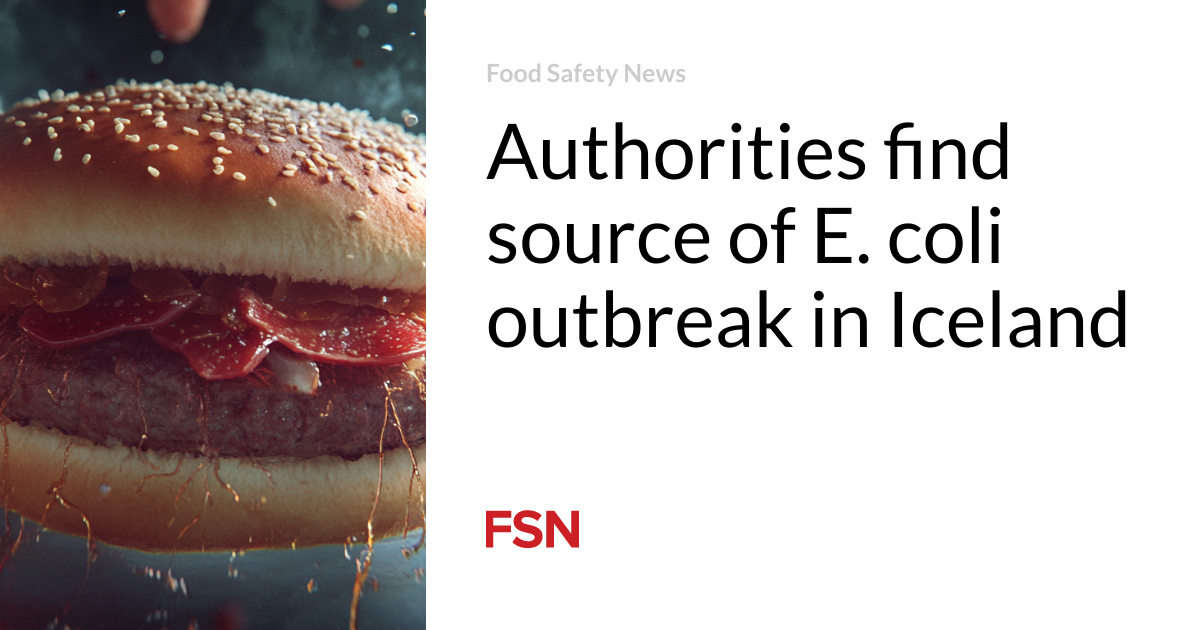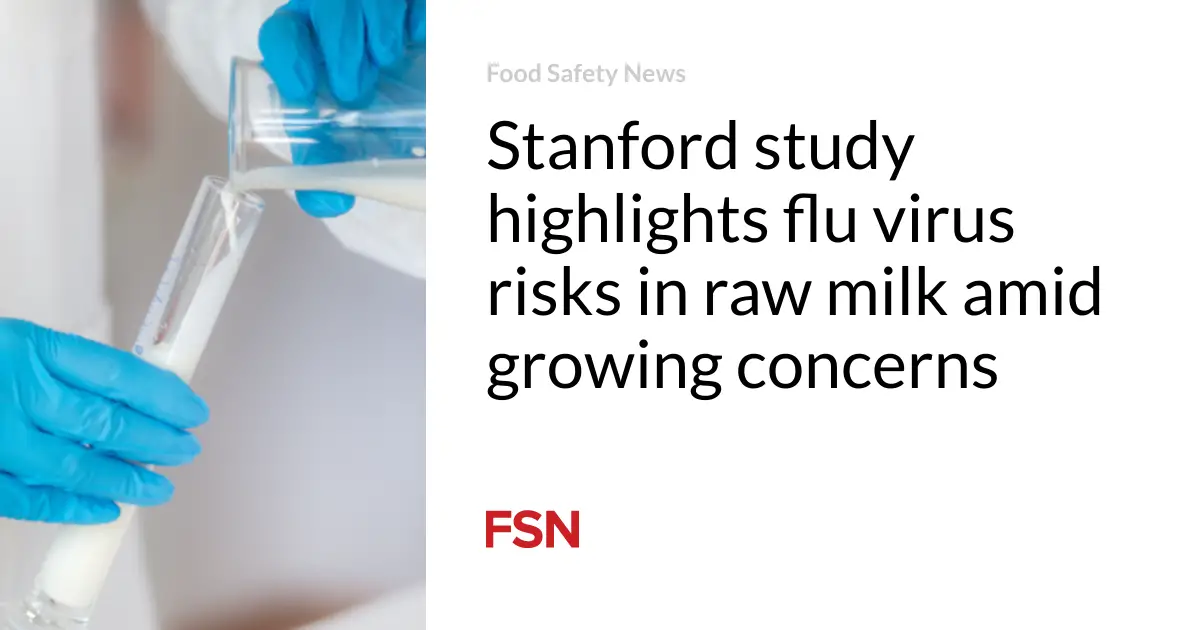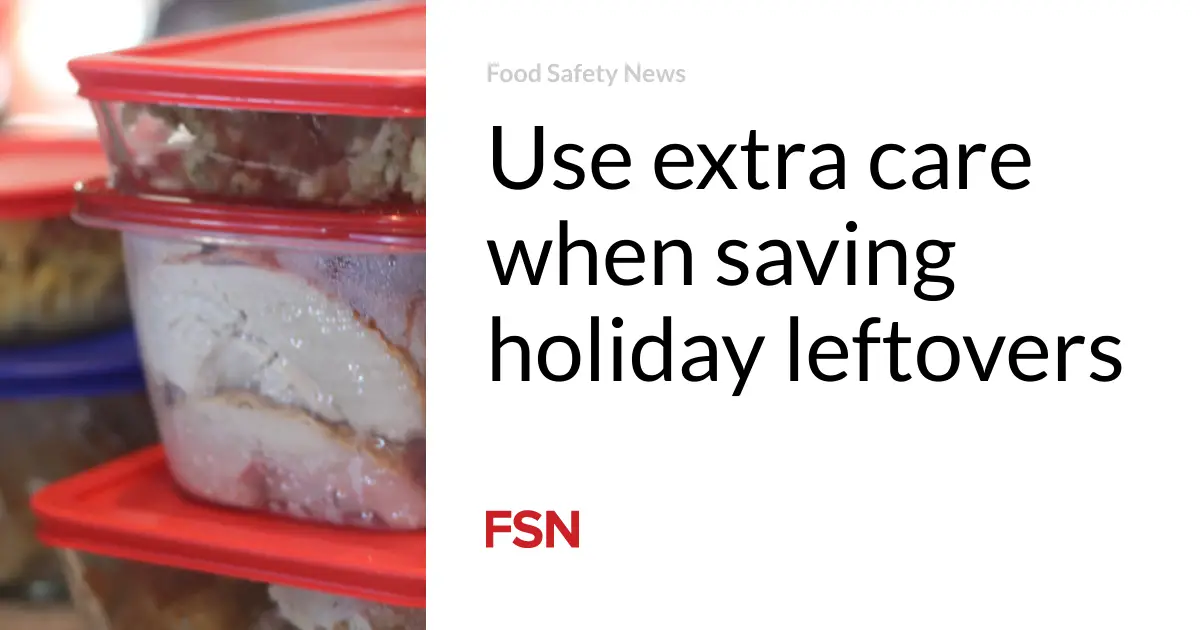
Health officials in Iceland have found the source of a Shiga toxin-producing E. coli (STEC) outbreak that sickened more than 20 children.
Officials found the handling of ground meat during cooking at a kindergarten was insufficient.
Affected children are from the Mánagarði kindergarten in the Vesturbær district of Reykjavík. More than 100 children attend the center. Landlaeknir (The Directorate of Health) reported that 23 pupils have fallen ill and two are in the intensive care unit.
Analysis of samples confirmed that E. coli O145 was found in fecal samples from children from the kindergarten and in a sample of ground (minced) meat. Sequencing of the bacteria’s genetic material showed they were related, which indicates the origin was the same. Matis, a government-owned research company, tested the samples.
After interviews with the parents of children who fell ill, the attention of investigators turned to Oct. 17. The Reykjavík Health Authority took samples of the food used in the preparation of meals that day, including ground meat, vegetables, lentils, melons, oatmeal and more.
Positive mince sample
All food samples were negative for E. coli except for the ground meat. A few children who normally do not eat meat also fell ill. These patients may have been infected by other children.
The meat was mixed beef and sheep mince from a company called Kjarnafæði. It did not go on general sale, but was sold to larger kitchens, such as restaurants, canteens, and kindergartens.
The Icelandic Food and Veterinary Authority (MAST) contacted the company when evidence pointed to the ground meat, and on the same day the business informed all parties that received ground meat from the same production batch that was used at the kindergarten. This revealed buyers had already used it in their operations. However, there have been no confirmed reports of infections among other consumers.
The kindergarten is still closed. Health representatives have visited the site, reviewed procedures, assessed the situation, and requested certain improvements. The preschool has been cleaned and equipment has been disinfected. A decision has been made to offer purchased food until further notice.
In 2023, a total of 14 people were diagnosed with confirmed or possible E. coli infection in Iceland. This included two children aged 1 and 11 and 12 adults aged 22 to 86.
(To sign up for a free subscription to Food Safety News, click here.)






